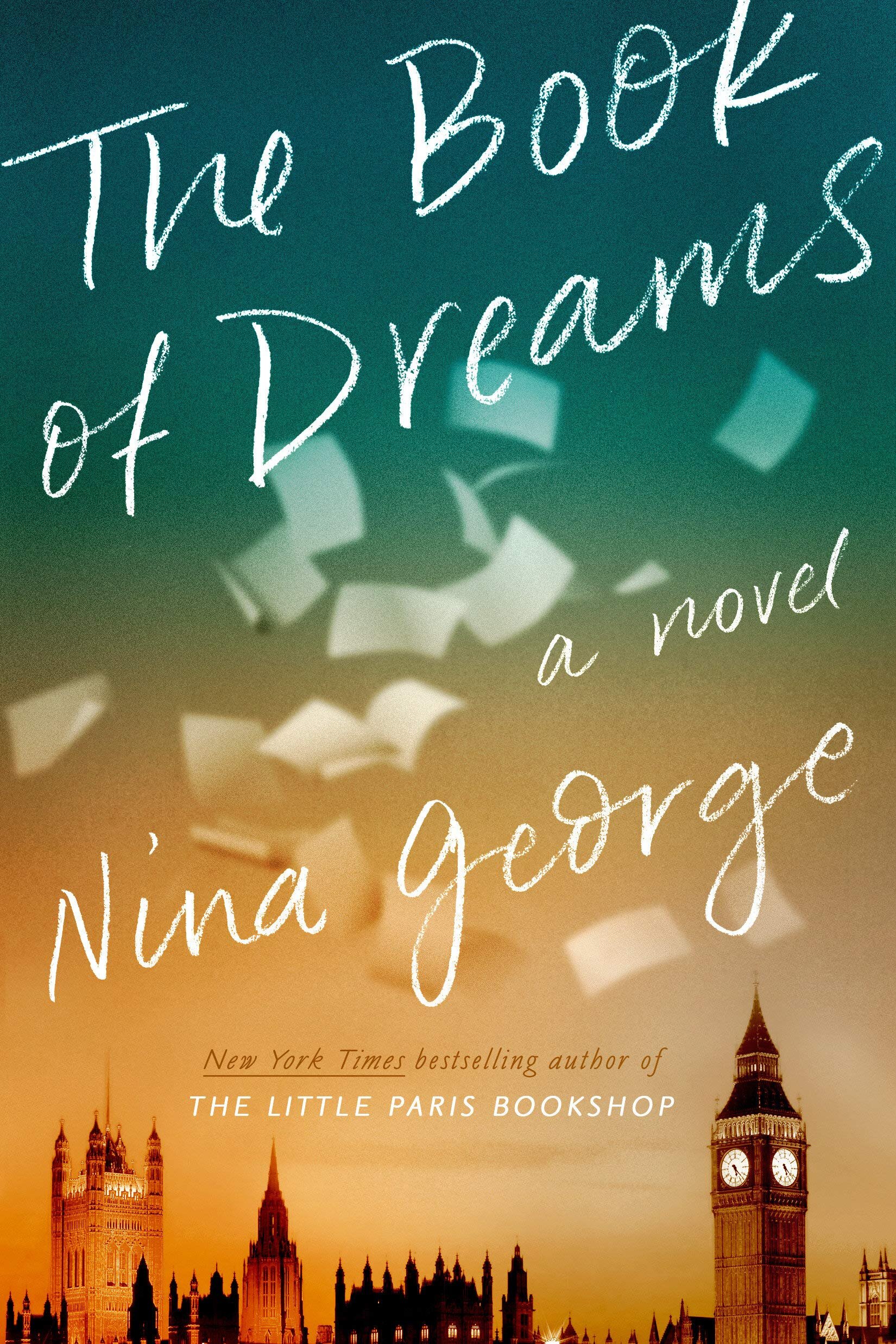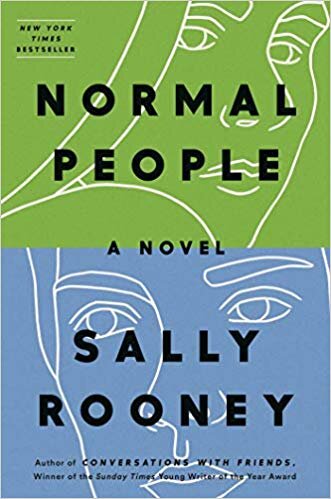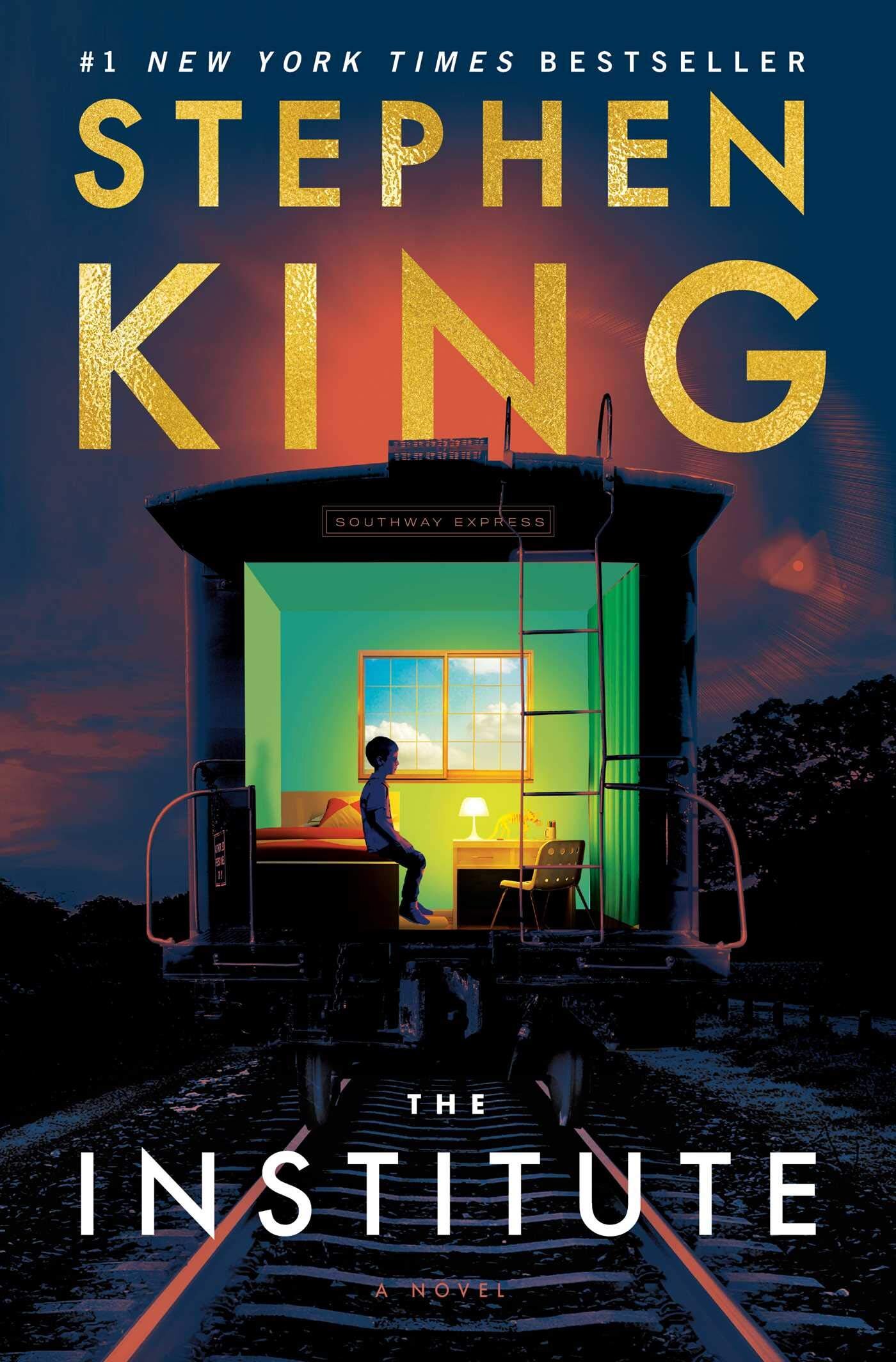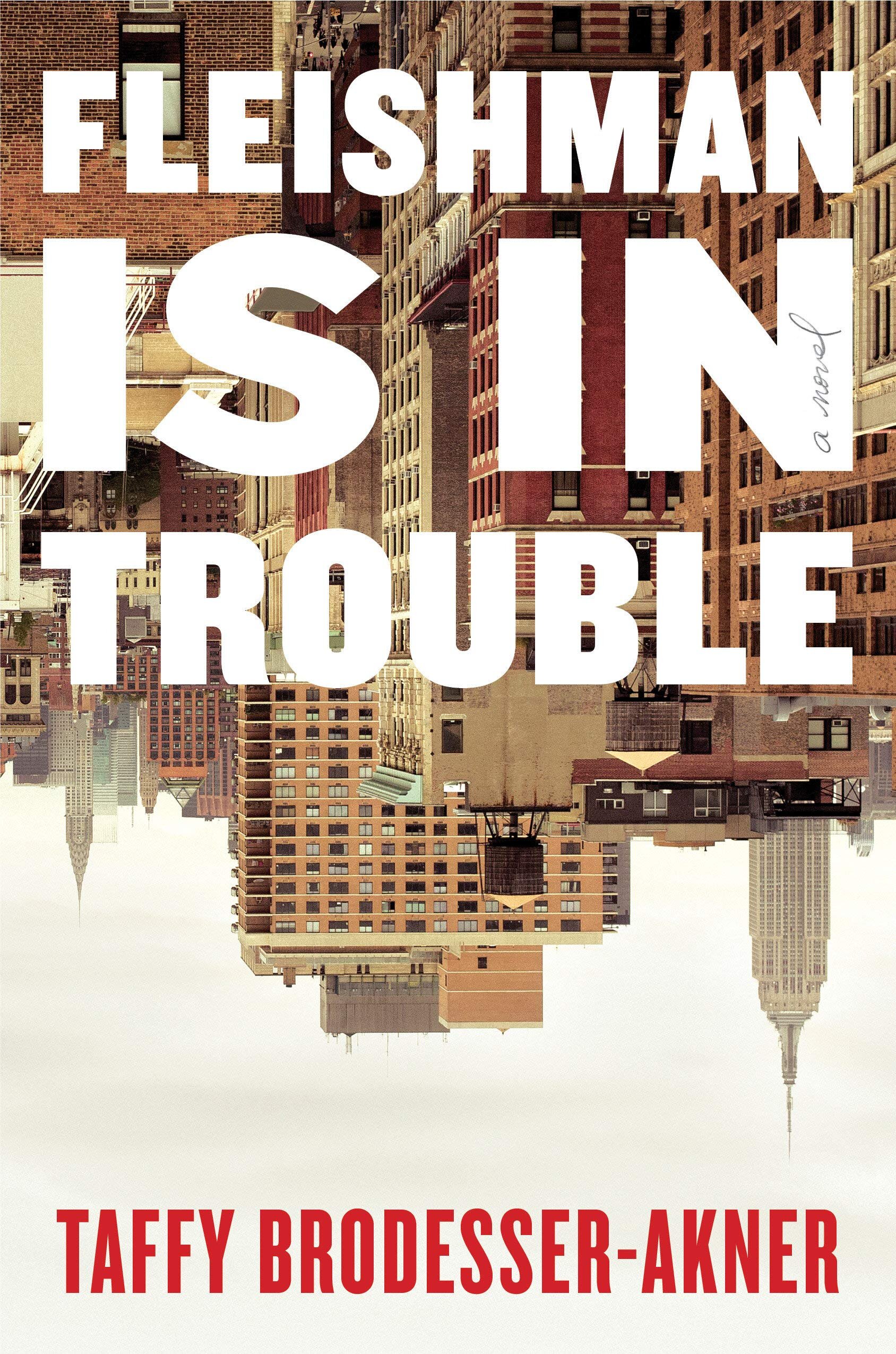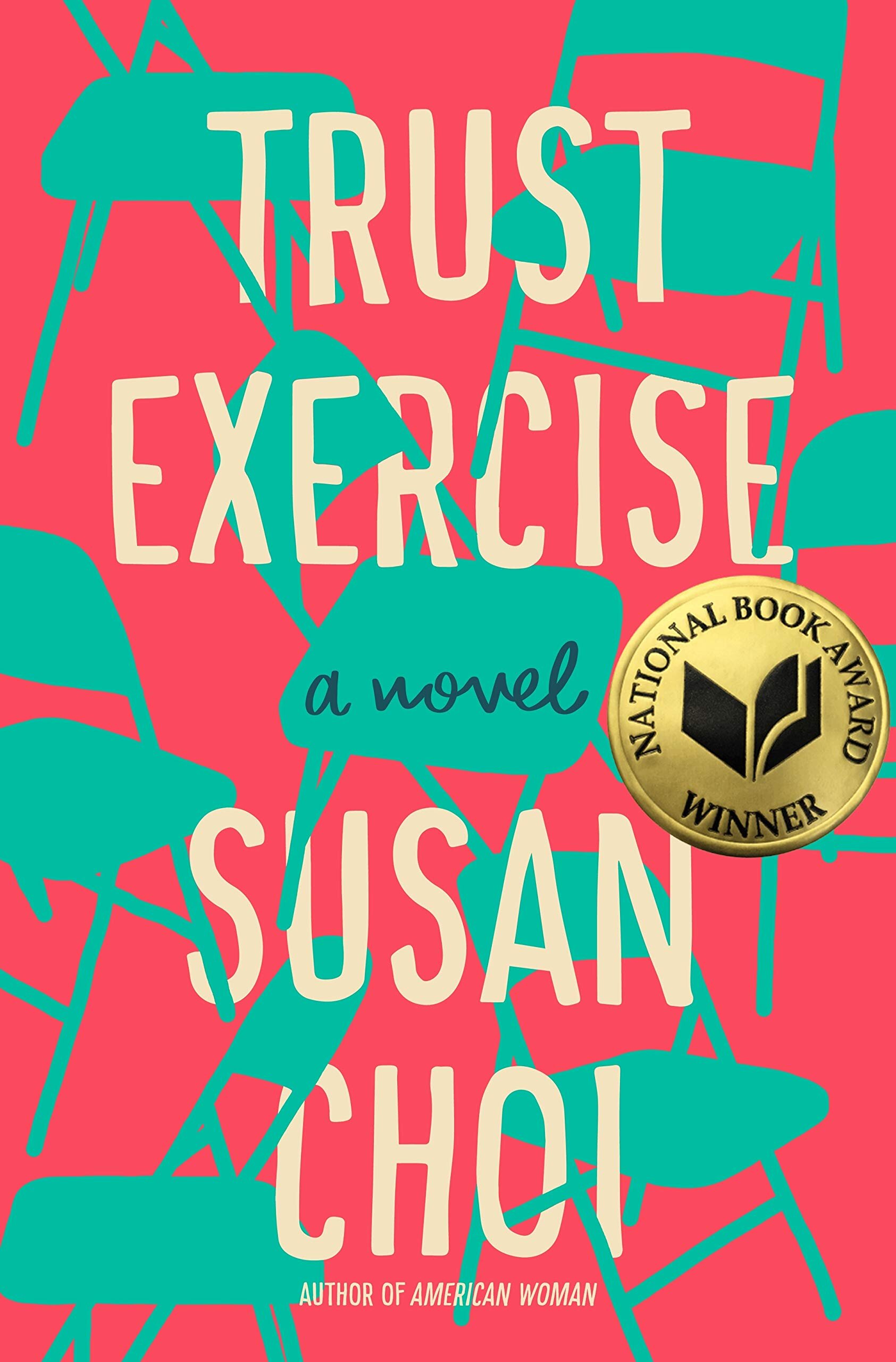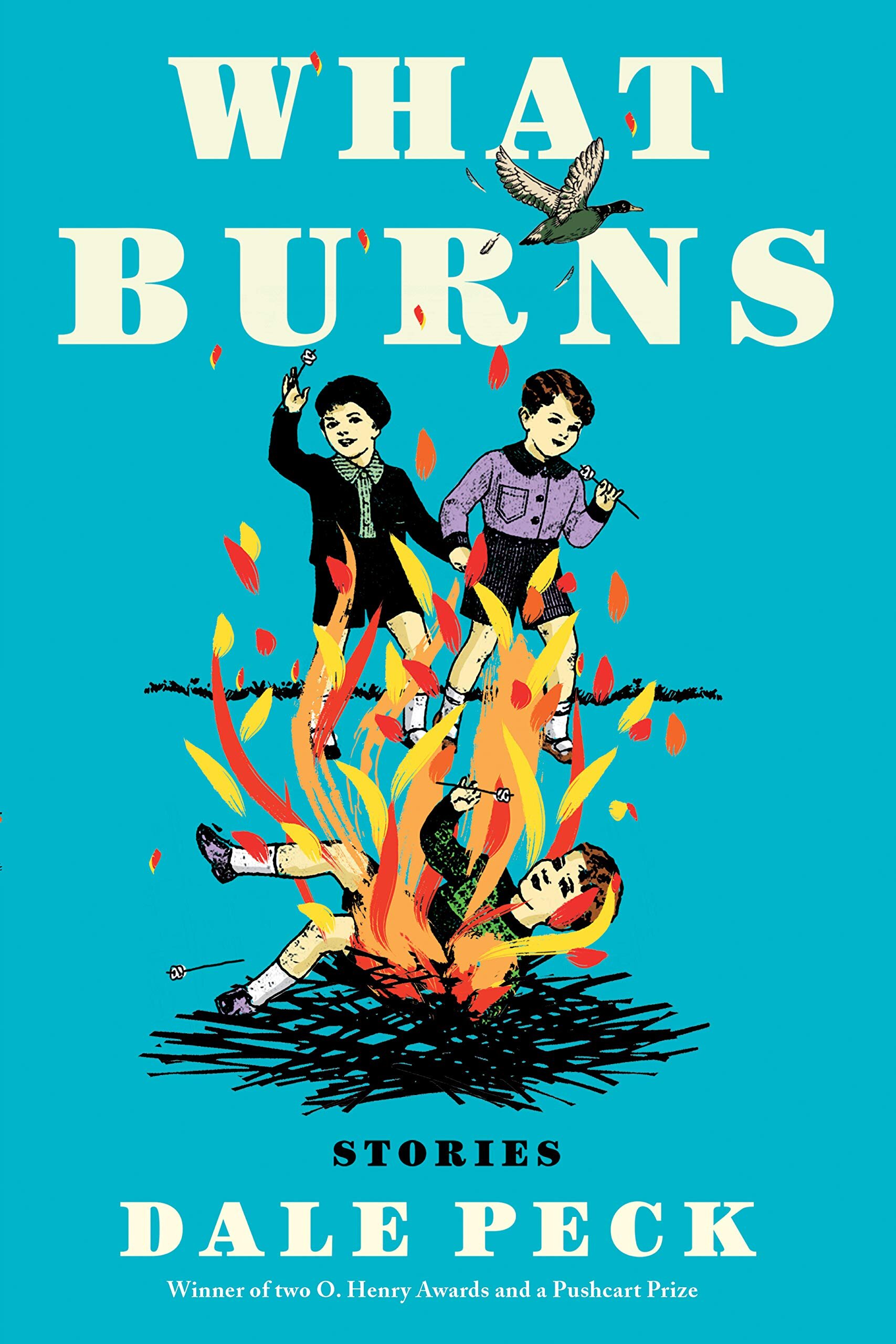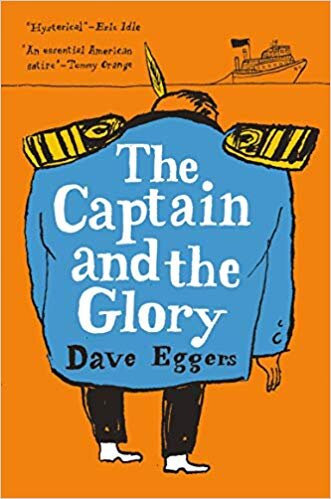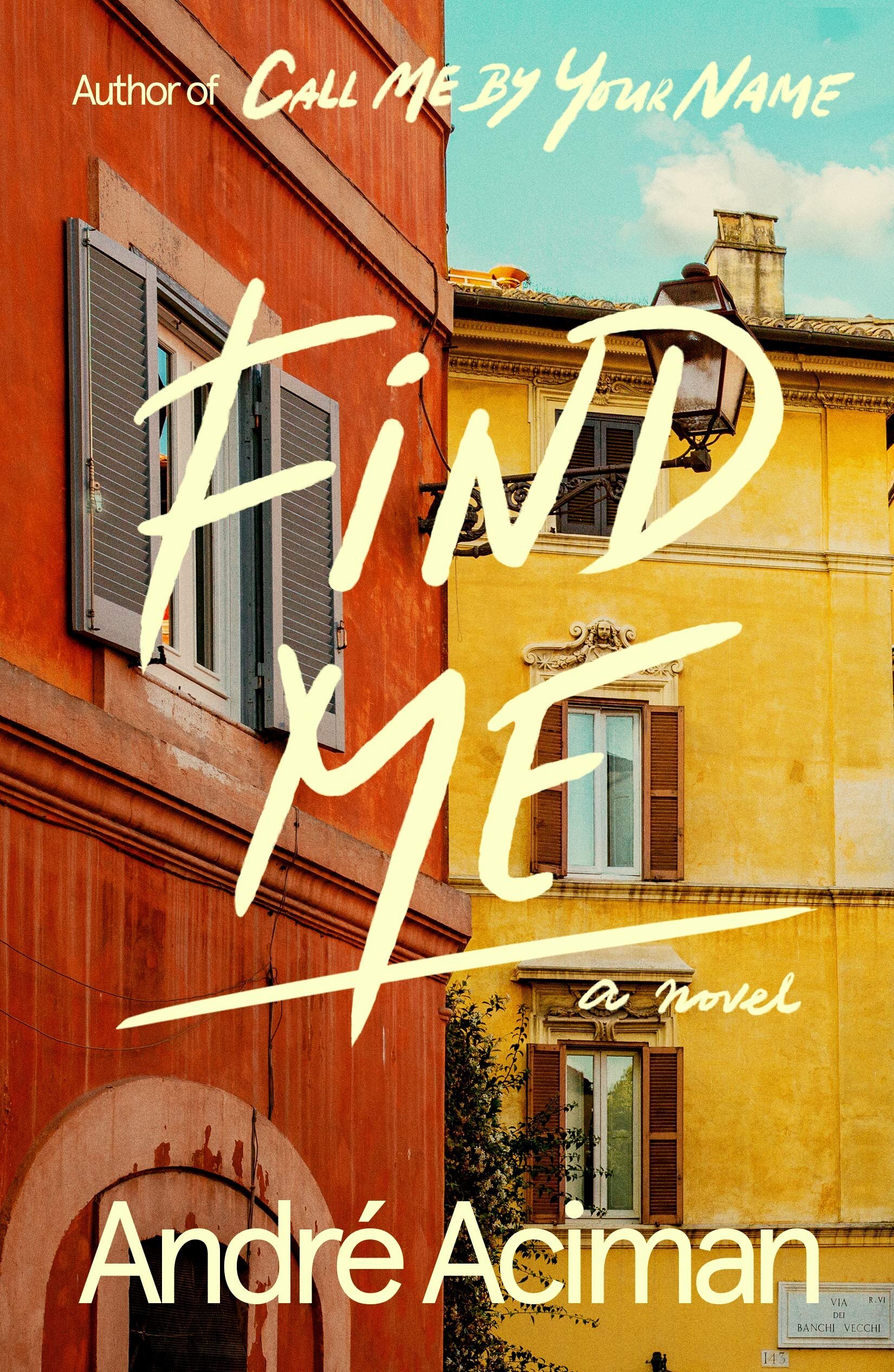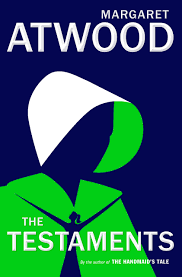The Worst Books of 2019: Fiction!
/As in all previous years, so too in 2019: before we can bask in the best fiction and nonfiction, we must first endure the worst of both. This was a year of lazy, entitled fiction, a year of authors no longer embarrassed by their own tattered, negligent, lifeless prose but rather proud of it, seemingly united in their proud incompetence. “No wonder we #cancelled all those old writers,” these authors seem to say in unison, “this ‘writing’ stuff is easy!” The results were predictably ruinous, and here were the worst:
10 The Book of Dreams by Nina George (Crown) - Admittedly, it would be nearly impossible for Nina George to write a book more saccharine, manipulative, and programmatic than her breakout hit The Little Paris Bookshop, but this book, about (naturally) coma patients and (naturally) the power of hope sure gives it the old college try.
9 Gods with a Little G by Tupelo Hassman (Farrar, Straus and Giroux) - Take a group of stereotypically misfit teens, put them in a California town you decide to call “Rosary,” give them each, for no discernible reason, leadenly weird names (the main character is “Helen Dedleder”), then slather them and their hot-button life-problems with a maximum of bathos and condescension, and you might by accident create a novel like this one.
8 Normal People by Sally Rooney (Hogarth) - Every year, there’ll be at least one novel that ignites the latent desire of some bookish people to be in the in-group. In 2019, perhaps the foremost example was this idiotically thin novel by Sally Rooney. 13,574 critics called it the single best piece of writing in any genre ever produced by a member of the human species. 8,991 critics said it saved their marriage, revived their love life, and successfully negotiated their mortgage. 4,003 signed a petition to have both Ireland and the United States renamed after the author. But, perhaps importantly, the book itself stinks.
7 The Institute by Stephen King (Scribner) - It’s almost a given that one of America’s consistently worst novelists would show up on any year’s “worst fiction” list, but even so, with “The Institute” goes above and beyond. Not, as some of its detractors have loudly proclaimed, because he lets his contempt for Donald Trump seep through onto the page - that’s at least understandable - but because he lacks even a shred of the talent necessary to produce either good satire or good commentary once that happens. Instead, as usual, he just sloppily indulges himself for a few hundred pages.
6 Fleishman Is In Trouble by Taffy Brodesser-Anker (Random House) - If there’s a little theme running through much of 2019’s “literary” fiction, it’s what we could call “the enabling depiction of A-holes” - not just including jerks in your fiction but including them proudly, making it clear that it’s not their redemption or their comeuppance you’re proud of but only their venality itself. So it is in this novel: a gallery of monsters, presented in smug, nonsensical prose, to no seeming point beyond prompting readers to say, “Wow, what a gallery of monsters.”
5 Trust Exercise by Susan Choi (Henry Holt) - If you take that little theme - the enabling depiction of A-holes - and lard it with enough self-conscious narrative gimmicks to make lots of critics temporarily forget their own rejected manuscripts, you might even snag a National Book Award by writing an unedited and uneditable slosh-narrative of teen love in which every single character young and old sounds just about exactly 50 years old.
4 What Burns by Dale Peck (Soho) - That little theme - the enabling depiction of A-holes - goes from a minor to a major scale in this collection of Gawd-awful short stories about Gawd-awful characters by a Gawd-awful writer using Gawd-awful prose in order to shock the sensibilities of readers he clearly considers to be Gawd-awful prudes.
3 The Captain and the Glory by Dave Eggers (Knopf) - The little theme - the enabling depiction of A-holes - reaches its dangerous and embarrassing apotheosis in this appalling squib of a booklet, in which a Trump stand-in is lampooned with such weak satire and flat, boring prose that the end result is indistinguishable from praise.
2 Find Me by Andre Aciman (FSG) - Fan fiction.
1 The Testaments by Margaret Atwood (Doubleday) - Really bad fan fiction.

